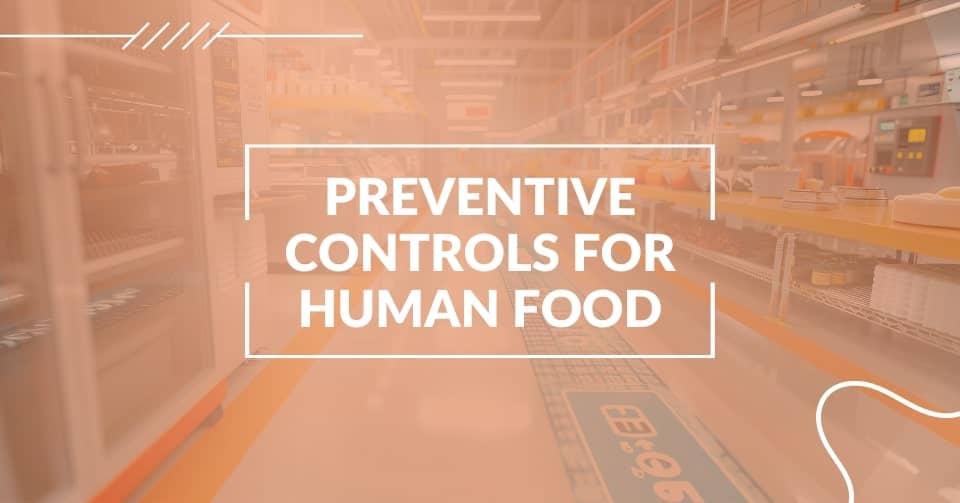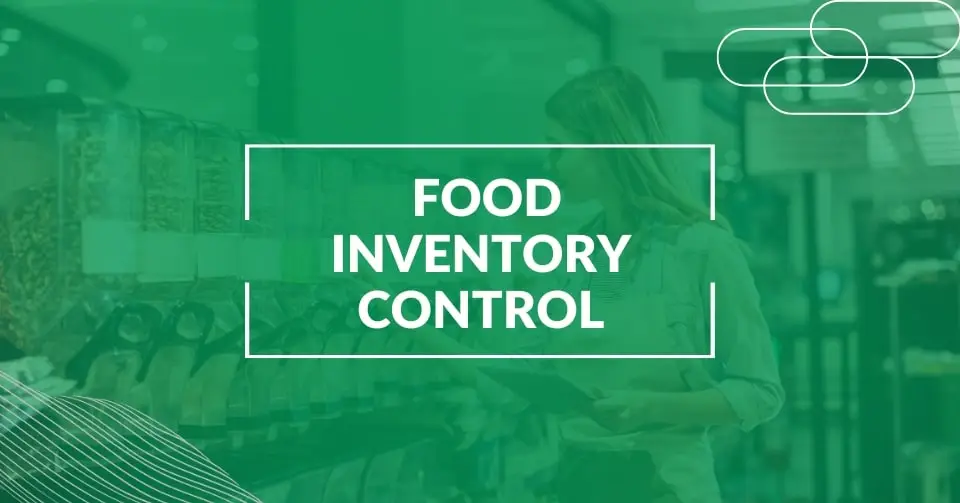In the competitive landscape of the food industry, ensuring food safety and quality standards is non-negotiable. Global Food Safety Initiative (GFSI) certification has become a hallmark of excellence, signifying that a company’s products meet internationally recognized food safety standards.
However, with several GFSI-recognized certification schemes available, choosing the right one for your business can take time and effort. This comprehensive guide aims to provide insights into different GFSI certifications to help you make an informed decision tailored to your business needs.
Understanding Global Food Safety Initiative (GFSI) Certifications
The GFSI is a collaborative platform that benchmarks various food safety standards to ensure the safety and quality of food products across the supply chain. GFSI-recognized certification schemes are based on stringent criteria, including food safety management systems, hazard analysis, critical control points (HACCP), good manufacturing practices (GMP), and continuous improvement.
SQF (Safe Quality Food) Certification:
- SQF certification focuses on food safety and quality management systems and is suitable for food manufacturing, distribution, and packaging companies.
- This certification is recognized by retailers and food service providers globally and offers different levels of certification based on a company’s size and complexity.
- SQF certification demonstrates a company’s commitment to maintaining high food safety standards and continuous improvement.
BRCGS (British Retail Consortium Global Standards) Certification:
- BRCGS certification emphasizes product safety, legality, and quality, making it ideal for retail and food service industries.
- This certification scheme includes various standards tailored to different sectors within the food industry, such as food manufacturing, packaging, storage, and distribution.
- BRCGS certification is recognized by retailers, manufacturers, and food service providers worldwide.
FSSC 22000 (Food Safety System Certification 22000):
- FSSC 22000 certification is an ISO-based certification scheme that integrates ISO 22000 and ISO/TS 22002-1 standards, making it suitable for food manufacturers, processors, and packaging companies.
- The Global Food Safety Initiative recognizes this certification scheme and focuses on food safety management systems and prerequisite programs.
- FSSC 22000 certification demonstrates a company’s compliance with international food safety standards and emphasizes continual improvement.
IFS (International Featured Standards) Certification:
- IFS certification is divided into various standards, including IFS Food, IFS Logistics, IFS Broker, and IFS PACsecure, catering to different food industry sectors.
- This certification scheme focuses on food safety, quality, and operational processes and is recognized by retailers and manufacturers globally.
- IFS certification demonstrates a company’s commitment to ensuring food safety, quality, and transparency within the supply chain.
Selecting the Right GFSI Certification for Your Business
When considering which GFSI certification is most appropriate for your business, several factors should be taken into account:
1. Industry Sector and Market Requirements:
- Evaluate your industry sector’s requirements and expectations, as different GFSI certifications may be more relevant to certain sectors.
- Consider your customers’ market demands and preferences. Some retailers and buyers may prefer specific GFSI certifications.
2. Company Size and Complexity:
- Assess the size and complexity of your business operations, as certain GFSI certifications may be better suited for larger or more complex organizations.
- Choose a certification scheme that is appropriate for your business’s scale and the resources available for implementing and maintaining the certification.
3. Risk Assessment and Hazard Analysis:
- Conduct a thorough risk assessment and hazard analysis of your food products and processes to identify potential food safety risks and control measures.
- Select a GFSI certification that addresses the specific risks and hazards relevant to your business operations.
4. Regulatory Compliance and Legal Requirements:
- Ensure the chosen GFSI certification aligns with regulatory requirements and legal standards applicable to your industry and geographic location.
- Verify that the certification scheme covers all mandatory food safety and quality management aspects to ensure compliance with relevant regulations.
5. Supplier and Customer Requirements:
- Consider the requirements of your suppliers and customers, as they may have specific expectations regarding food safety certifications and standards.
- To facilitate business relationships, choose a GFSI certification recognized and accepted by key stakeholders in your supply chain.
Benefits of GFSI Certification for Your Business
Obtaining GFSI certification offers numerous benefits for your business, including:
- Enhanced Food Safety: GFSI certification demonstrates your commitment to maintaining robust food safety management systems and practices, ensuring the safety and quality of your products.
- Market Access and Compliance: GFSI certification enhances your market access by meeting the food safety requirements of retailers, buyers, and regulatory authorities globally.
- Consumer Confidence: GFSI certification enhances consumer confidence in your products, as it signifies that your company upholds internationally recognized food safety standards.
- Operational Efficiency: GFSI certification streamlines your operational processes, improves traceability, and reduces the risk of food safety incidents, thereby enhancing efficiency and productivity.
How FoodReady can help you with your GFSI Certification
We will write your certification program and assist you in implementing it. Every step, from the HACCP plan to succeeding in the GFSI audit.
Customized GFSI Program:
Our GFSI consultants deliver audit-ready documentation, a solid food safety program, and all the necessary components for a successful GFSI audit.
Conduct a gap analysis:
To find areas for improvement
Your GFSI Program Written by Our GFSI Consultants:
Our certified team will write a successful GFSI audit certification program, saving you valuable time and personal hours.
FoodReady Will Help You Implement Your GFSI Program
We’ll work together to execute your program so you ace your next GFSI audit.
Conclusion
Selecting the right GFSI certification for your business is a strategic decision requiring careful consideration of your needs, industry requirements, and market expectations. By understanding the key features and benefits of different certifications that fall under GFSI, you can make an informed choice that aligns with your business goals and facilitates the achievement of excellence in food safety and quality management. Partnering with a reputable certification body and implementing a robust food safety management system tailored to your business operations will empower you to uphold the highest standards of food safety and earn the trust and loyalty of your customers.
As the food industry continues to evolve and consumer expectations for safe and high-quality products increase, investing in GFSI certification is a proactive step toward ensuring your business remains competitive, compliant, and committed to excellence in food safety.
FAQs
The GFSI is a private organization that sets benchmarks for food safety standards to ensure that food safety management systems can be universally accepted and recognized.
GFSI certification demonstrates that your business adheres to globally recognized food safety standards, enhancing your credibility, improving food safety, and increasing market access by meeting customer and regulatory requirements. See more reasons why your business should become GFSI-certified.
The main GFSI-recognized schemes include:
– BRC Global Standards (BRCGS)
– Safe Quality Food (SQF)
– Food Safety System Certification (FSSC 22000)
– International Featured Standards (IFS)
– Global Aquaculture Alliance Seafood (BAP)
– CanadaGAP
Consider factors such as the nature of your products, market requirements, customer preferences, and the specific food safety risks associated with your operations. For personalized guidance, consult a food safety expert or certification body.
Begin by selecting a GFSI-recognized certification scheme that fits your business needs. Conduct a gap analysis to identify areas for improvement, implement necessary changes, and contact a certification body to schedule an audit.
Costs vary depending on the certification scheme, size and complexity of your operations, and your chosen certification. Expenses may include audit fees, training, system implementation, abody nd ongoing compliance costs.
The timeline varies based on your current level of compliance, the specific certification scheme, and the resources allocated to the process. It typically ranges from a few months to a year.
FoodReady software assists with GFSI certification by automating compliance tracking, managing documentation, facilitating audit preparation, and providing tools for HACCP planning, corrective actions, and employee training.
Benefits include improved food safety, increased customer trust, enhanced market access, better regulatory compliance, reduced risk of foodborne illnesses, and streamlined operations.





